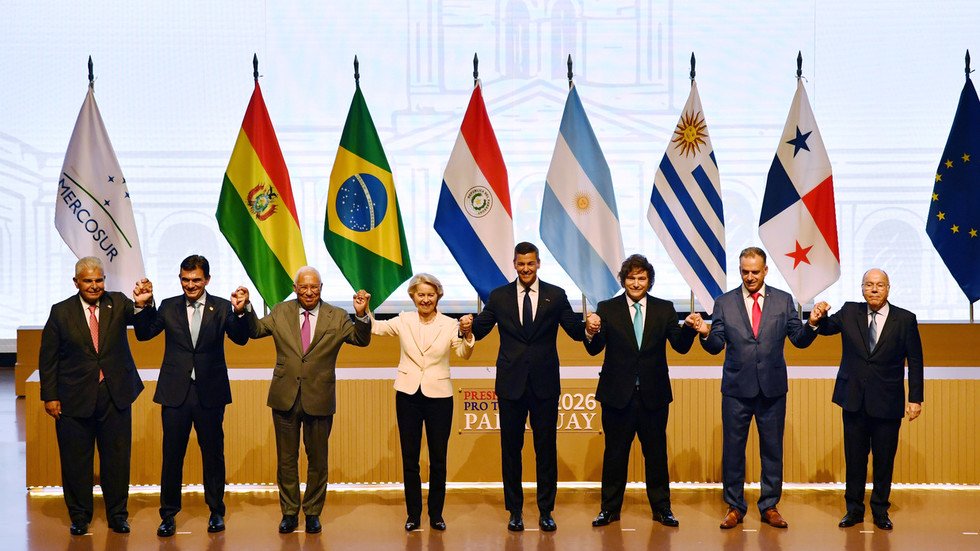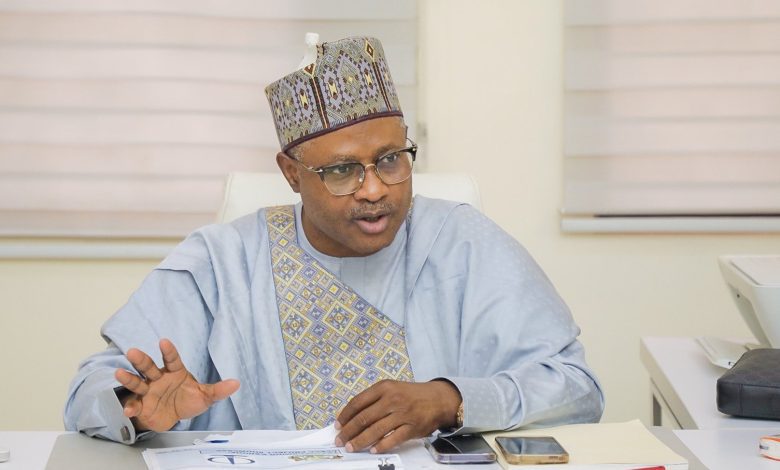As the African Union (AU) grapples with a year marred by conflicts and crises, the question of its relevance looms large. The AU, a collective of African nations, is struggling to effectively address recent challenges, including conflicts in the Democratic Republic of the Congo, Sudan, northern Mozambique’s insurgency, and coups in Guinea, Burkina Faso, Mali, and Niger. The organization’s efficacy is under scrutiny, and member states play a crucial role in determining its capabilities.
A critical issue lies in the balance of power between the AU Commission and individual member states. Moussa Faki Mahamat, Chairperson of the AU Commission, has pointed out that member states often use their sovereignty to evade delegating authority to the commission, thereby hindering its effectiveness. This tug-of-war between sovereignty and continental unity has historically posed a challenge to African integration efforts.
The AU’s struggle is not isolated; it mirrors the shortcomings of its predecessor, the Organisation of African Unity (OAU). The OAU faced obstacles due to the reduction of its general secretariat to mere clerical functions, lacking the necessary resources and autonomy. Similarly, the AU faces funding challenges and a lack of institutional power, hindering its ability to implement critical decisions.
At the heart of the issue lies the reluctance of member states to empower the AU Commission. The power dynamics within the organization echo those that contributed to the decline of the OAU. The failure to establish a robust secretariat, the reluctance to adopt autonomous funding sources, and the inability to recruit permanent staff have all weakened the AU Commission.
The AU’s ambitious Agenda 2063, aimed at driving Africa’s development, falters under the current state of the organization. The lack of an overarching mechanism to check and complement national activities has led to fragmented governance, eroded accountability, and recurrent destabilization. Without urgent reforms, the AU risks becoming irrelevant, unable to fulfill its mandate of serving the diverse needs of 55 member countries and approximately 1.4 billion citizens.
Amid these challenges, the AU must confront pressing questions: Can it foster stability in the face of mounting conflicts? How can member states contribute to achieving peace on the continent? Resolving funding issues and granting the AUC chairperson autonomy to lead the commission’s work are crucial steps. Additionally, empowering the AUC to recruit operational staff and senior managers independently is vital to strengthening the organization’s capacity to implement decisions effectively.
As Africa navigates its complex path towards integration and continental unity, the AU’s ability to adapt and address these persistent challenges will ultimately determine its relevance in 2024 and beyond. The continent looks to the AU to transform its vision into tangible progress, and the time for comprehensive reform is now.

![afcon 2025 morocco nigeria egypt football celebration Nigeria take bronze as Morocco and Senegal set up AFCON final [Football Now]](https://mediatalkafrica.com/wp-content/uploads/2026/01/AFCON-2025-Morocco-Nigeria-Egypt-Football-Celebration.jpg)

